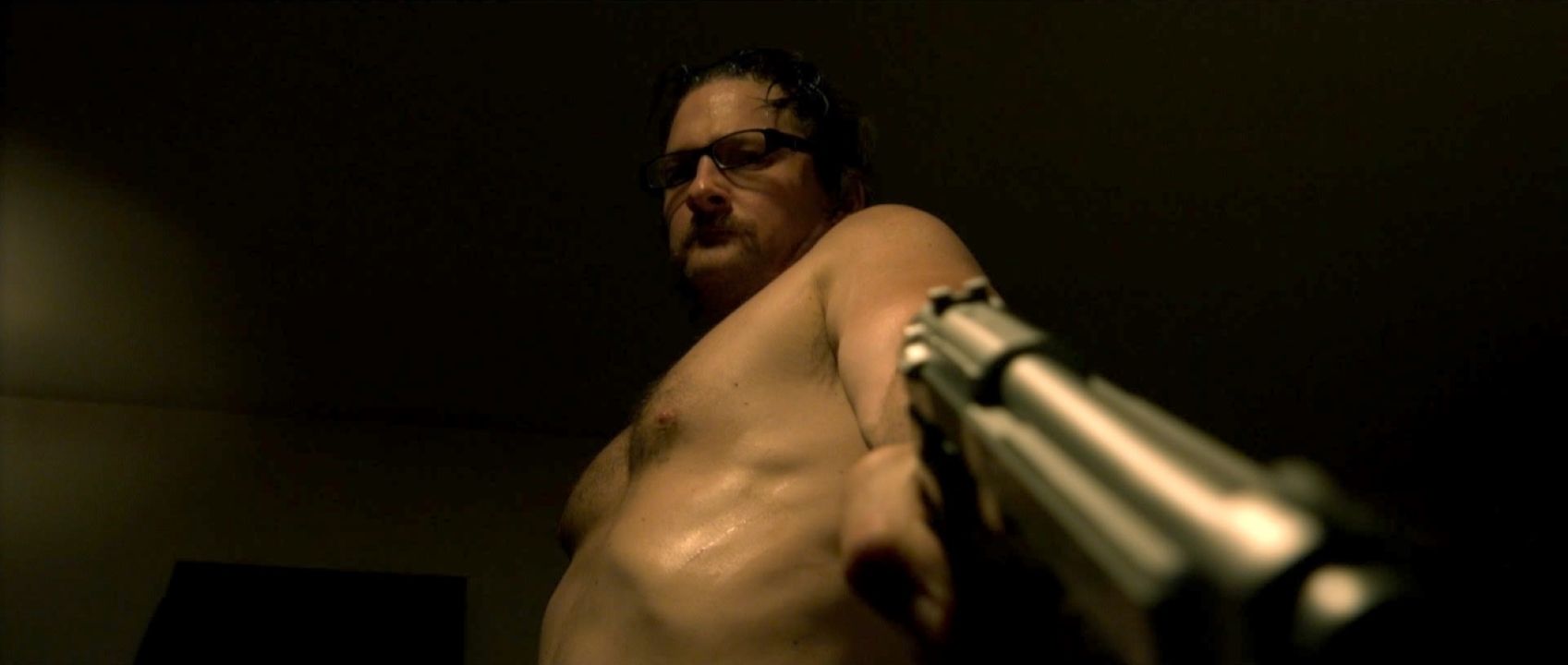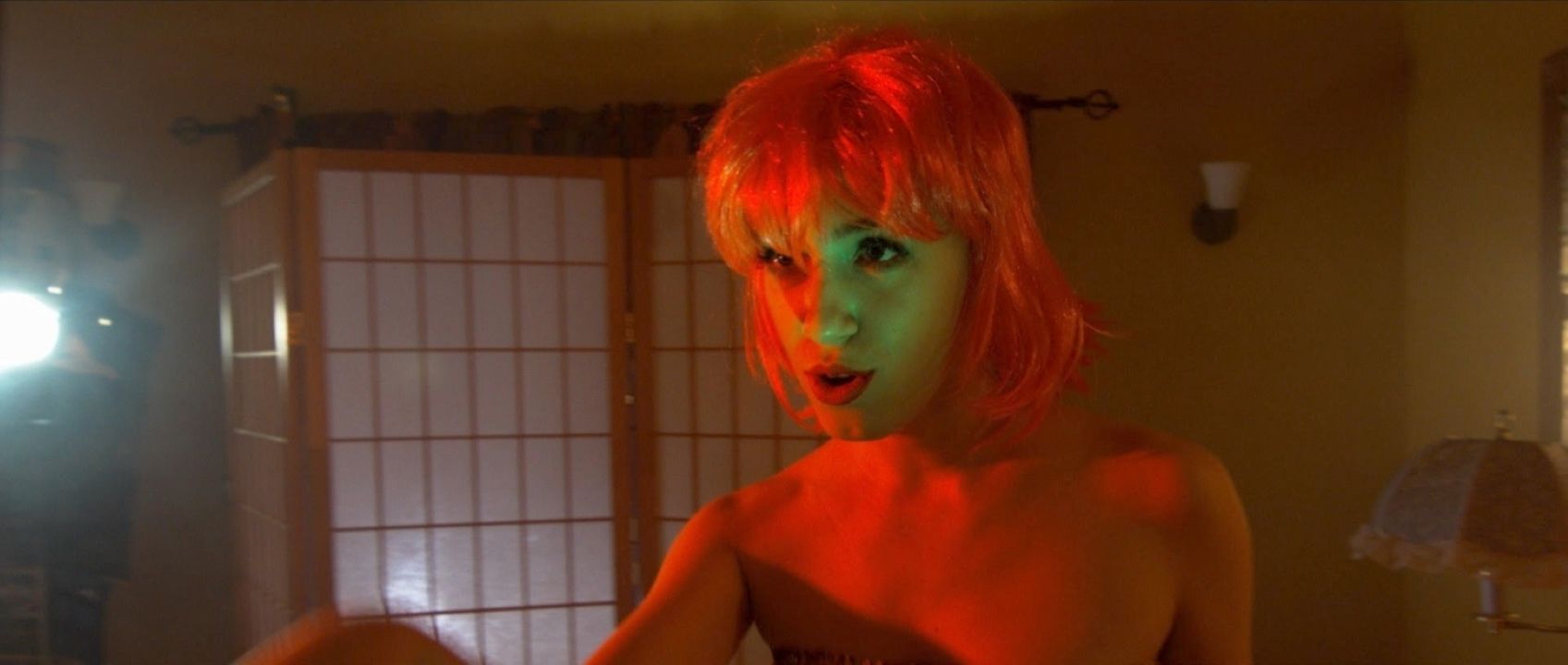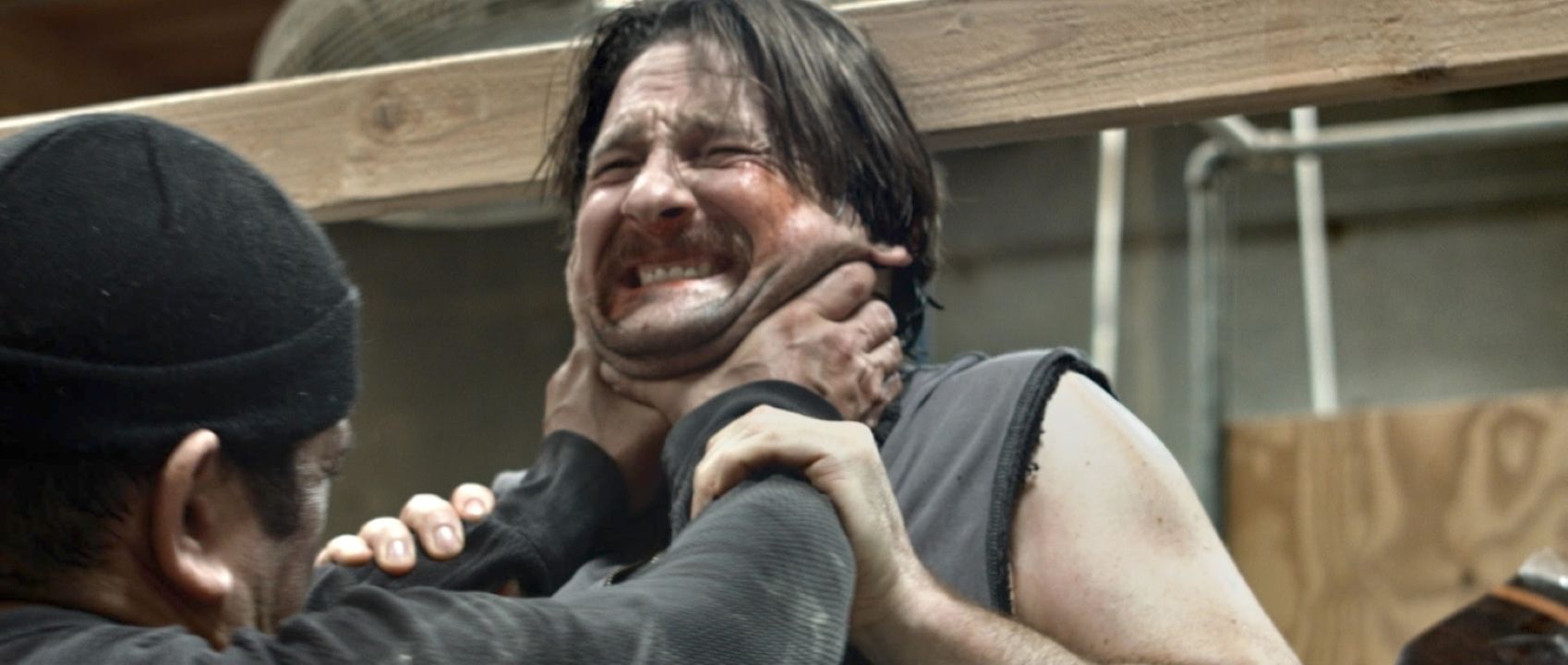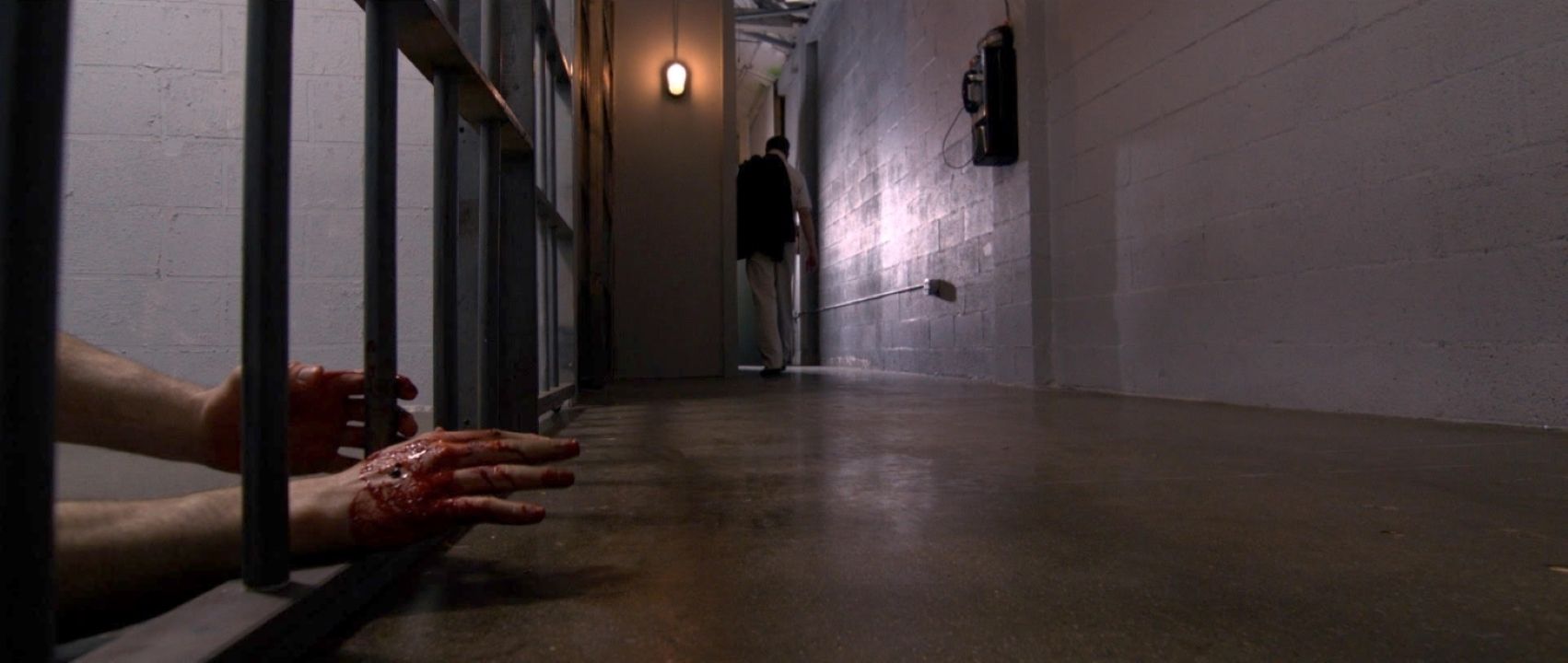The American Dream used to be somewhat simple. Whether it was beautiful and realistic or an illusion to exploit the working class, the basic idea was that "all [people] are created equal" with the right to "life, liberty, and the pursuit of happiness," and that, through diligent effort, people can become the best versions of themselves and attain contentment and a good, decent life.
Dreaming Hollywood, the new independent crime comedy, points toward the distortion of the Dream over the past few decades. People used to simply want a good life for themselves and their family, and the opportunity to prove themselves in a meritocracy; now, people want wealth, fame, and constant happiness.
The flattening effect of the internet has convinced everyone that they can be a star, and the promise of Hollywood makes people toss aside attainable dreams in favor of unrealistic superstardom and a massive amount of 'followers.' It wasn't supposed to be this way. James Truslow Adams technically coined the term 'American Dream' in the 1931 book The Epic of America. He calls it:
The dream of a land in which life should be better and richer and fuller for every [person], with opportunity for each according to ability or achievement. It is a difficult dream for the European upper classes to interpret adequately, and too many of us ourselves have grown weary and mistrustful of it. It is not a dream of motor cars and high wages [...] not a dream of merely material plenty, although that has doubtless counted heavily. It has been much more than that. It has been a dream of being able to grow to the fullest development as man and woman.
Dreaming Hollywood, formerly known as Fade Out Ray and written and directed by Frank Martinez, shows the Dream as a nightmare. Its characters confuse growing "to the fullest development as man and woman" with wealth, drugs, power, sex, and fame. Like many people in the modern West, the characters in Dreaming Hollywood have confused "life, liberty, and the pursuit of happiness" with "fame, fortune, and the guarantee of happiness."
Slapstick Psychotics
This is a desperate film where everyone is looking to get ahead — Detective Duque (Link Ruiz) joins some dirty cops to advance his career in the force; sociopath Rudy Aquanikkio (the mononymous Eliot) wants to grow his drug empire and take out his boss; the sex worker Maureen (Madelyn Allen) is willing to do whatever it takes to advance her singing career and climb out of poverty; the slimy Shawnathan (Brian Hanford) and Charlotte (Yilin Wang) scheme to overthrow their kingpin boss and take over the business.
Then there's Ray Belfi, poor, deranged Ray Belfi, played by Turk Matthews. Ray's a low-level drug dealer who lives in this messed-up world of prostitution, drugs, and murder, populated by the aforementioned scumbags. He's a simple-minded, buff romantic who pines after Maureen and dreams of being a famous screenwriter; his "screenplay script" and "plea" (he means 'pitch') is called The Dog's Meow, a cartoon about an anthropomorphic dog who hangs out with cats and learns their ways. It's rejected a hundred times by different studios until it's stolen by Shawnathan and Charlotte in an attempt to bankrupt and discredit their boss by getting him to produce this utterly awful screenplay (in a nod to The Producers).
Ray is initially the only decent human being in Dreaming Hollywood, but his city is populated by morally repugnant characters who take advantage of him at every turn. Ray's childhood was similar. His father was abusive to both him and his mother, and flashbacks show the boy wearing a paper bag over his head with holes cut out for eyes and being emotionally abused. When his script gets stolen and produced, it's the tipping point for Ray's trauma, sending him on a violent rampage.
If that sounds dark, it's not as caliginous and inky black as the rest of the film. Dreaming Hollywood is an angry movie, cynical and nihilistic; it doesn't like its characters, and it doesn't like you either. While the majority of awful content is generally implied more than shown, the suggestions are awful enough for the imagination. A woman has her teeth pulled out so that she can be orally raped, for instance. Pedophilia, sex trafficking, hard drug use, infanticide, domestic abuse, and more occupies this menagerie of misery. The film wants to be funny in the Quentin Tarantino way in which it's advertised, but it's ultimately depressing.
Hollywood Nightmare
While not exactly funny, some character quirks are so bizarre and unpredictable that they're instantly memorable, in a Lynchian sense. People burst out laughing in menacing ways, dance without warning, explode with violence unexpectedly, and are given such odd direction that their characters, while despicable, are impressively weird. Turk Matthews' Ray is at the center of it all, playing the straight man to a cast of slapstick psychotics in a nightmare world.
The anger of Dreaming Hollywood likely comes from a very real place, an expression of the frustration of its creator and cast. As Turk Matthews has said, “I think it was just an experience of a manifestation of hard work over the years. It became a muse for [director] Frankie Martinez and me to display our talents that haven’t had a vehicle to be seen due to a highly competitive field. There are a lot of talented people who never get their one chance."
There is a lot of talent here. Martinez does a good job with the Tarantino-style vignettes, where each scene almost feels like it could be its own movie. The dingy and disgusting apartment of Ray, an RV in a sandy parking lot, a swanky mansion, the dim-lit brothel — each feel like their own worlds.
The story which binds them together gets distracted by its many moving parts though, with a plethora of characters and storylines which haven't even been mentioned here. The basic tale of Ray's terrible script getting stolen and produced by scheming members of a drug empire is a good one, but the convoluted excess of different plots distracts from it, as if Martinez believed this was his one shot at the dream and threw every idea he had into it. Like victims of the new American Dream, the film simply wants too much and doesn't know how to get it.
Waking Up From the Dream
It looks good though, and the music is excellent throughout. Anchored by X Moves, a great song by the late DMX with legendary bassist Bootsy Collins, Dreaming Hollywood uses modern music (with rap and pop songs about wealth, fame, sex, drugs) that shows the 21st-century distortion of the American Dream.
This is juxtaposed with some lighter and more playful music, including a lovely Spanish song that Ray sings along and dances to at the brothel (in one of the few times he seems alive). The difference between musical styles here certainly says something about Ray in stark contrast to the hustlers and scumbags who surround him.
Ray's bloody rampage of revenge at the end of the film shows the hyperbolic result of taking the American Dream too far, staking one's entire existence on the quest for success and fame. When he is forced to wake up from the pursuit of his dreams, after Maureen shows she only has pity and contempt for him and his script gets stolen, Ray has nothing left to lose or live for.
The illusory dream has vanished (and you can only dream with eyes closed), leaving nothing but anger and vitriol against the lie, the system, and the people who are simply symptoms of both. In a way, Ray's revenge is that of Dreaming Hollywood and its creators; it's a pained, cynical scream at the Hollywood Dream Machine.
Dreaming Hollywood will be released on March 22, on both VOD and as a Blu-ray.




